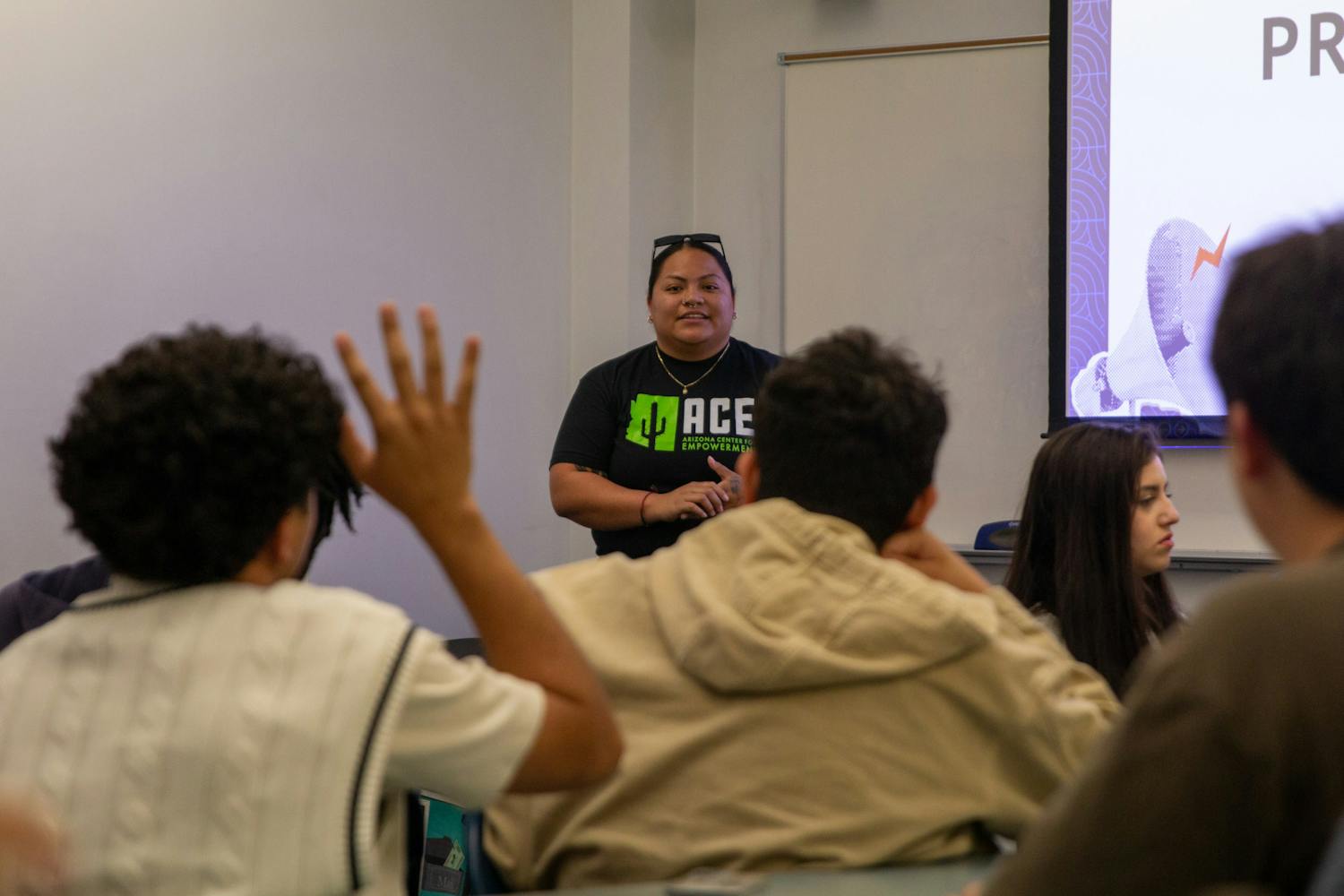Working with an international team of researchers, an ASU professor is researching the origins of malaria to better treat it today.
School of Life Sciences professor Ananias Escalante is working with scientists from 15 institutions worldwide to uncover the ancient origins of the disease.
“Understanding the origin of infectious diseases is important because it gives us information about the history and dynamic of the pathogen/parasite genetic diversity,” Escalante said in an e-mail.
Malaria is a parasitic disease transmitted by mosquitoes, and is widespread mostly in tropical areas.
Although once common in North America and around the world, most of the roughly 400 million cases of malaria each year are now found in poor regions of sub-Saharan Africa.
“It has been eradicated in the United States but there is a risk it could come back. We have about 1,500 cases annually in the U.S., mostly in people traveling to areas that have malaria and immigrants,” Sharayn Forkel, immunization registry coordinator for Marin County in California, said in an e-mail.
Travelers to tropical regions commonly receive treatment aimed at preventing the spread of malaria before departing for the area.
“Malaria used to be more widespread, but public health measures such as spraying for mosquitoes and removing standing water, along with effective medications, have helped control it in many areas,” Forkel said. “But it takes a good 15 to 20 years of effective control before it can be eradicated.”
ASU’s research examines the origins of Plasmodium falciparum, the protozoa (a type of single-celled microorganism) responsible for a majority of human malaria cases.
The team is comparing the genes of protozoa that infected two species of wild chimpanzees, hoping to shed light on the origins of the genes.
“Understanding the genetic diversity of the parasite/pathogen is important because it allows us to assess how the infectious agent evades the host immune response, how that genetic diversity relates with clinical disease and how the parasite could react to intervention or control measures such as treatment,” Escalante said.
The study produced some unexpected results.
The data suggests that the protozoa affecting humans did not originate in chimpanzees, as was previously thought, but actually from bonobos, a closely related primate.
Though these results are significant, Escalante warned that the case is not yet closed on malaria.
“In some cases, not the case of malaria, parasites/pathogens have multiple hosts so that dynamic, by itself, can explain how a disease is maintained in space and time,” he said.
Reach the reporter at dana.sheaff@asu.edu



